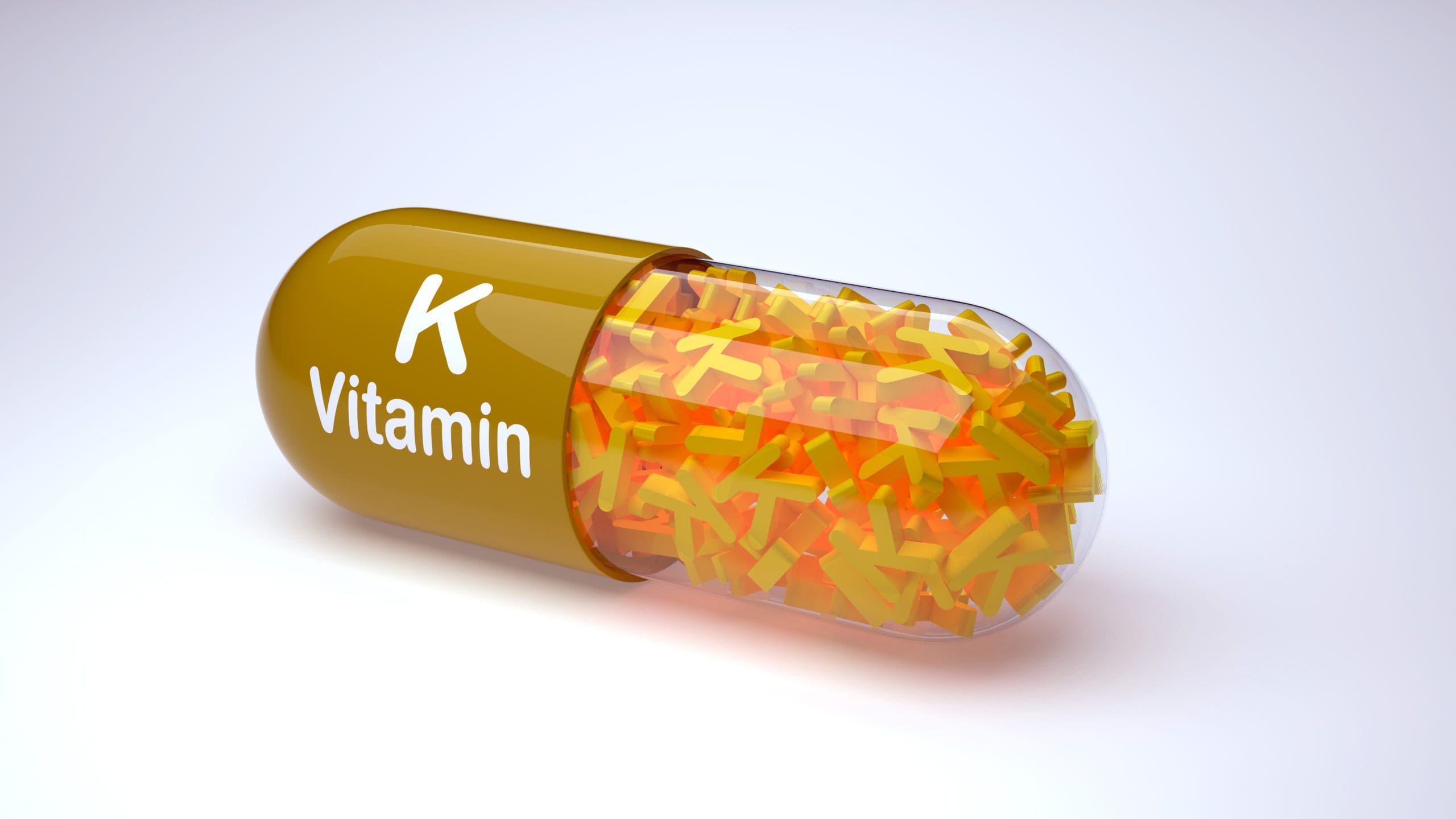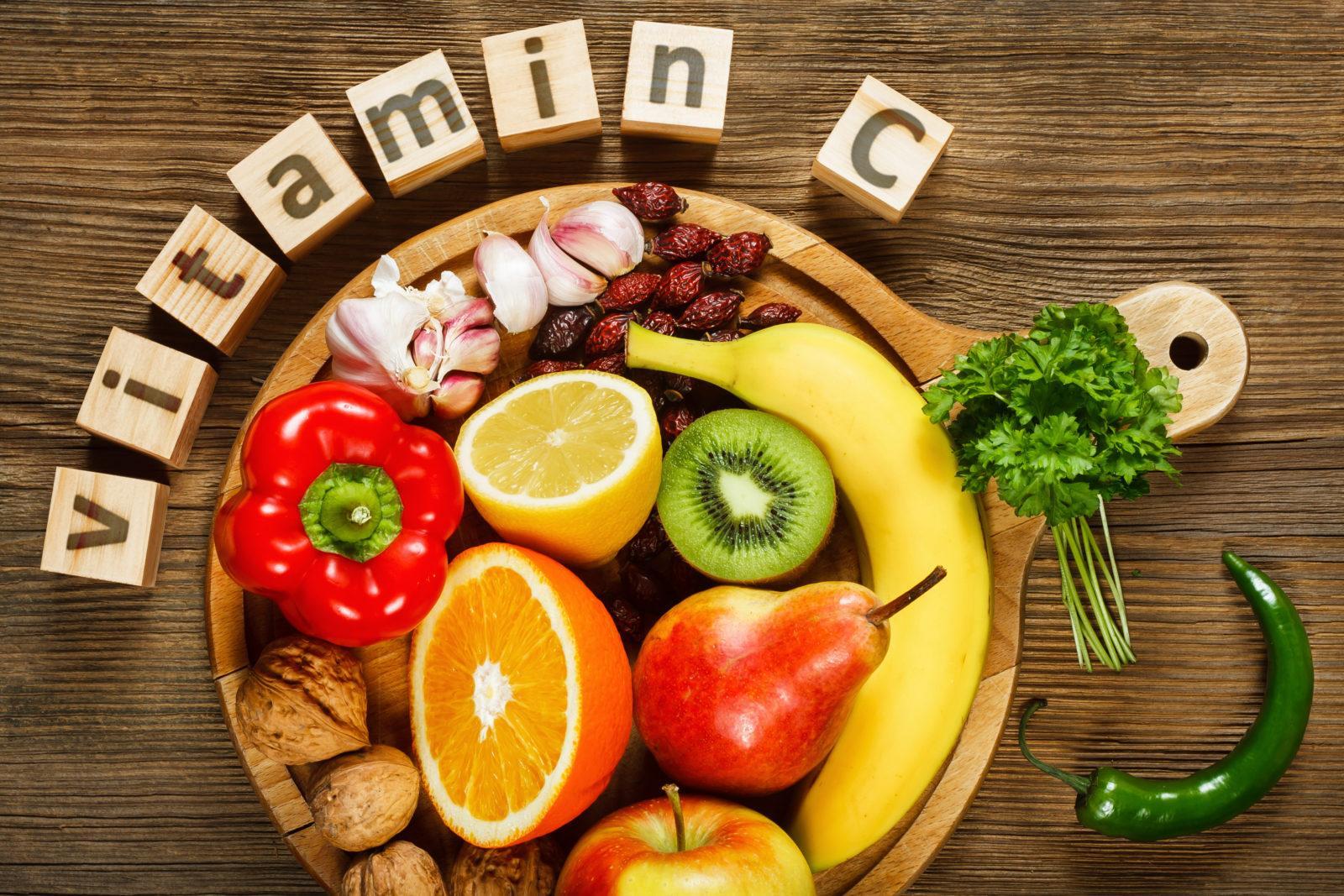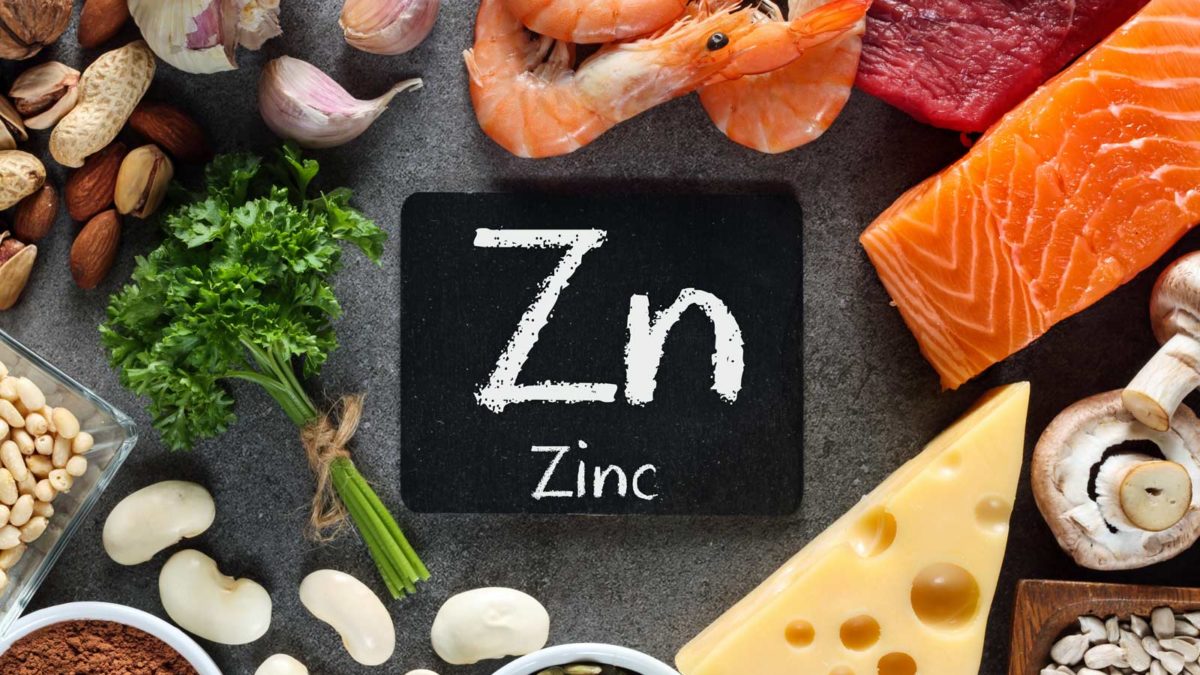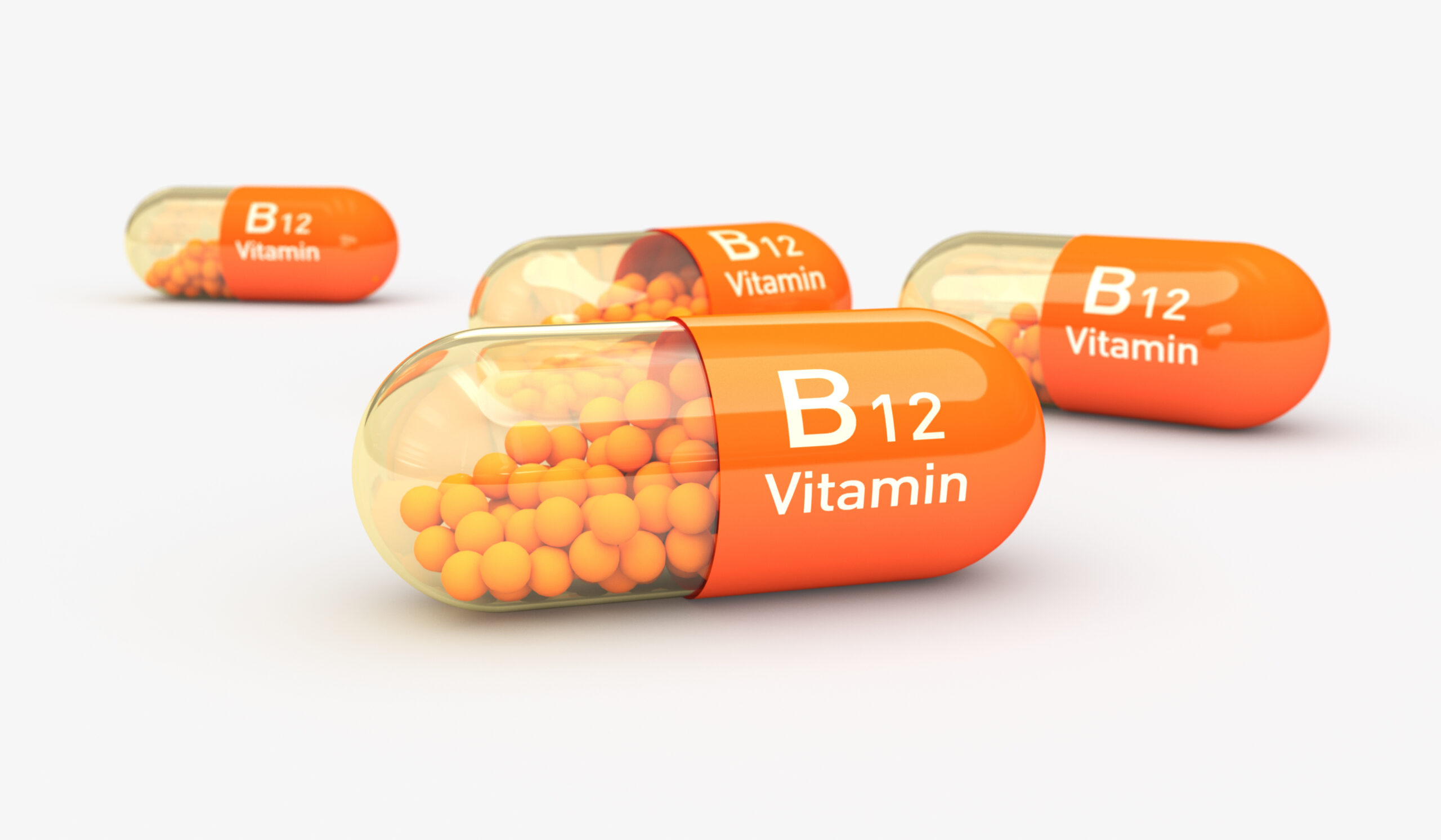The Comprehensive Guide to the Benefits of Vitamin K2
Introduction
Vitamin K2, a lesser-known form of vitamin K, is an essential nutrient that plays a pivotal role in various aspects of human health. While vitamin K1 is primarily associated with blood clotting, vitamin K2 has distinctive functions that extend far beyond coagulation. In this comprehensive guide, we will delve into the multifaceted benefits of vitamin K2, exploring its contributions to bone health, heart health, dental health, skin health, and more.
Bone Health
One of the primary benefits of vitamin K2 is its pivotal role in bone health. It regulates calcium metabolism, ensuring that calcium is directed towards the bones and teeth, rather than accumulating in soft tissues. Without adequate vitamin K2, calcium may be deposited in arterial walls, leading to atherosclerosis, while bones become weak and susceptible to fractures. This vitamin activates osteocalcin, a protein that anchors calcium in the bone matrix, enhancing bone density and strength. Individuals with a higher intake of vitamin K2 are associated with a reduced risk of osteoporosis and fractures.
Cardiovascular Health
Vitamin K2 plays a significant role in maintaining cardiovascular health. By preventing the buildup of calcium in arterial walls, vitamin K2 helps reduce the risk of arterial calcification, which is a major contributor to heart disease. This action is particularly important in protecting against atherosclerosis, as the deposition of calcium in blood vessels can lead to plaque formation, reducing arterial elasticity and increasing the risk of heart attacks and strokes.
Dental Health
Maintaining healthy teeth is another benefit of vitamin K2. It supports dental health by aiding in the development and maintenance of strong and resilient tooth enamel. This not only helps prevent tooth decay and cavities but also ensures the overall oral health of an individual.
Skin Health
Vitamin K2 contributes to skin health by promoting the maintenance of healthy and radiant skin. It assists in the removal of calcium deposits in the skin, which can cause dryness, wrinkles, and other skin issues. By helping to maintain the proper balance of calcium in the skin, vitamin K2 supports a more youthful and vibrant complexion.
Cancer Prevention
Emerging research suggests that vitamin K2 may have a role in cancer prevention. It is believed to help inhibit the growth and spread of cancer cells. While more studies are needed to confirm this potential benefit, early research is promising, and vitamin K2 is being explored for its anti-cancer properties.
Cognitive Health
Vitamin K2 may play a role in cognitive health, particularly in older adults. Some studies suggest that it can help reduce the risk of cognitive decline and conditions like Alzheimer’s disease. Its action on calcium regulation in the brain is thought to contribute to these cognitive benefits.
Inflammation Control
Vitamin K2 has anti-inflammatory properties that help control inflammation in the body. Chronic inflammation is linked to various health conditions, and managing it is crucial for overall well-being. By reducing inflammation, vitamin K2 can alleviate symptoms associated with inflammatory diseases.
Improved Kidney Health
Vitamin K2 may have a positive impact on kidney health. It can help reduce the risk of kidney stones by preventing the accumulation of calcium in the kidneys, a common precursor to stone formation. Additionally, it may help protect kidney function by reducing the risk of arterial calcification in the kidneys.
Prevention of Varicose Veins
Varicose veins are often caused by weakened blood vessel walls and poor circulation. Vitamin K2 helps maintain the structural integrity of blood vessels, preventing them from becoming weak and dilated. By supporting healthy blood vessels, it can reduce the risk of varicose veins.
Improved Fertility
Vitamin K2 plays a role in fertility, particularly in men. It supports sperm production and quality, contributing to male reproductive health. Adequate vitamin K2 intake may help improve fertility in men and increase the chances of conception.
Reducing the Risk of Diabetes
While more research is needed, some studies suggest that vitamin K2 may help reduce the risk of type 2 diabetes. It is believed to support insulin sensitivity, improving the body’s ability to regulate blood sugar.
Support for Liver Health
The liver is a vital organ responsible for detoxifying the body and metabolizing nutrients. Vitamin K2 can support liver health by promoting detoxification processes and protecting liver cells from damage.
Improved Digestive Health
Vitamin K2 is essential for maintaining a healthy gastrointestinal lining. It can help prevent leaky gut syndrome, a condition where the gut lining becomes porous and allows harmful substances to enter the bloodstream. Maintaining a healthy gut lining is crucial for overall digestive health and the prevention of inflammatory conditions.
Stronger Muscles
Vitamin K2 supports muscle health by contributing to muscle contraction and overall muscle function. It is important for maintaining strong and healthy muscles, which is essential for physical performance and daily activities.
Preventing Nerve Damage
Vitamin K2 plays a role in protecting nerves and preventing nerve damage. It helps maintain the myelin sheath that covers nerve fibers, ensuring proper nerve signal transmission and reducing the risk of neurological issues.
Dental Health for Children
Vitamin K2 is crucial for the development of strong and healthy teeth in children. It supports the formation and maintenance of tooth enamel, reducing the risk of tooth decay and cavities.
Skin Health for Children
Children can benefit from vitamin K2’s role in maintaining healthy skin. It supports skin renewal and can help reduce the risk of skin issues, providing a fresh and vibrant complexion.
Cognitive Development for Children
Vitamin K2 is essential for cognitive development in children. It supports brain development, memory, and cognitive function, ensuring that children reach their full cognitive potential.
Cardiovascular Health for Children
Even in childhood, vitamin K2 plays a role in cardiovascular health. It helps regulate calcium metabolism, reducing the risk of arterial calcification in children, which can lead to heart disease in adulthood.
Bone Health for Children
Maintaining strong and healthy bones is crucial for children’s growth and development. Vitamin K2 supports bone health, ensuring that children have a solid foundation for their future.
Vision Protection
While more research is needed, vitamin K2 may offer some protection against age-related vision problems. Its action on calcium regulation and inflammation control can help safeguard the eyes from damage.
Enhanced Mood
Some studies suggest that vitamin K2 may have a positive impact on mood and mental health. It is believed to influence neurotransmitter synthesis and reduce the risk of mood disorders like depression and anxiety.
Prevention of Birth Defects
During pregnancy, vitamin K2 is crucial for proper fetal development. Adequate intake can help reduce the risk of birth defects, such as neural tube defects and developmental abnormalities.
Joint Health
Vitamin K2 is essential for joint health. It helps maintain joint function and reduces the risk of conditions like osteoarthritis. By promoting strong and healthy joints, it supports overall mobility and well-being.
Alleviation of Menstrual Symptoms
For women, vitamin K2 may help alleviate menstrual symptoms such as cramps and bloating. It is involved in hormonal regulation and may reduce the severity of premenstrual symptoms.
Skin Health During Pregnancy
Expectant mothers can benefit from vitamin K2’s role in maintaining healthy skin. It supports skin renewal and can help reduce the risk of skin problems during pregnancy.
Joint Health During Pregnancy
Maintaining strong and healthy joints is important during pregnancy. Vitamin K2 supports joint health, reducing the risk of joint pain and discomfort during this period.
Mood Regulation During Pregnancy
Pregnancy can be a time of emotional fluctuations. Vitamin K2 may help regulate mood and reduce the risk of mood swings during pregnancy, contributing to overall maternal well-being.
Cardiovascular Health During Pregnancy
Vitamin K2 is important for cardiovascular health during pregnancy. It helps prevent arterial calcification, reducing the risk of heart disease and complications during pregnancy.
Reduced Risk of Cleft Lip and Palate
During pregnancy, vitamin K2 is crucial for proper fetal development. Adequate intake can reduce the risk of birth defects, including cleft lip and palate.
Skin Health for Adolescents
Adolescents can benefit from vitamin K2’s role in maintaining healthy skin. It supports skin renewal and can help reduce the risk of skin issues during a period of rapid growth and development.
Joint Health for Adolescents
Maintaining strong and healthy joints is essential for adolescents as they engage in physical activities. Vitamin K2 supports joint health, reducing the risk of joint pain and discomfort.
Mood Regulation for Adolescents
Teenagers may experience mood swings and emotional changes. Vitamin K2 may help regulate mood and reduce the severity of mood-related issues during this life stage.
Cardiovascular Health for Adolescents
Heart health is important for adolescents as they grow and develop. Vitamin K2 helps protect against arterial calcification, reducing the risk of heart disease and other cardiovascular problems.
Cognitive Development for Adolescents
Cognitive development is crucial for adolescents, as they prepare for adulthood. Vitamin K2 supports brain development, memory, and cognitive function, ensuring they reach their full cognitive potential.
Prevention of Varicose Veins for Adolescents
Adolescents may be prone to varicose veins due to rapid growth and hormonal changes. Vitamin K2 can help maintain the structural integrity of blood vessels, reducing the risk of varicose veins.
Dental Health for Adolescents
Oral health is important for adolescents as they transition to adulthood. Vitamin K2 supports dental health, reducing the risk of dental problems and promoting strong teeth.
Skin Health for Adults
Maintaining healthy skin is important at any age. Vitamin K2 contributes to skin renewal and can help reduce the signs of aging, including wrinkles and age spots.
Joint Health for Adults
Maintaining strong and healthy joints is crucial for overall mobility and well-being in adulthood. Vitamin K2 supports joint health and reduces the risk of joint pain and discomfort.
Mood Regulation for Adults
Mood regulation is essential for adults in their daily lives. Vitamin K2 may help reduce the risk of mood disorders like depression and anxiety, enhancing overall mental health.
Cardiovascular Health for Adults
Cardiovascular health remains important in adulthood. Vitamin K2 helps prevent arterial calcification and reduces the risk of heart disease and other cardiovascular issues.
Cognitive Health for Adults
Cognitive health is a priority for adults as they age. Vitamin K2 supports brain function, memory, and cognitive performance, contributing to overall mental well-being.
Prevention of Varicose Veins for Adults
Maintaining vascular health is essential for adults. Vitamin K2 helps maintain the structural integrity of blood vessels, reducing the risk of varicose veins and circulatory issues.
Dental Health for Adults
Oral health is crucial at any age. Vitamin K2 supports dental health, ensuring strong teeth and overall oral well-being.
Skin Health for Older Adults
As individuals age, skin health becomes increasingly important. Vitamin K2’s role in skin renewal and its antioxidant properties can help reduce the signs of aging and promote a youthful complexion.
Joint Health for Older Adults
Maintaining strong and healthy joints is essential for older adults. Vitamin K2 supports joint health and reduces the risk of joint pain and discomfort, enhancing overall mobility.
Mood Regulation for Older Adults
Mood regulation remains important in later life. Vitamin K2 may help reduce the risk of mood disorders and improve overall mental health in older adults.
Cardiovascular Health for Older Adults
Cardiovascular health is a top priority for older adults. Vitamin K2 helps protect against arterial calcification, reducing the risk of heart disease and other cardiovascular issues in the elderly.
Cognitive Health for Older Adults
Cognitive health is crucial for maintaining mental clarity and well-being in older age. Vitamin K2 supports brain function, memory, and cognitive performance.
Overall Well-Being and Quality of Life
In the grand scheme of things, vitamin K2 contributes to overall well-being and enhances the quality of life. Its diverse range of health benefits makes it a valuable nutrient for individuals of all ages.
In conclusion
vitamin K2 is a versatile and essential nutrient that is often overlooked in discussions of vitamins and minerals. Its unique role in calcium metabolism, bone health, and cardiovascular well-being makes it a valuable addition to one’s diet. Whether you seek to improve bone density, maintain a healthy heart, or promote radiant skin, incorporating vitamin K2-rich foods or supplements into your daily routine can contribute to your overall health and well-being. However, it’s essential to remember that the best way to obtain these benefits is through a balanced diet and, when necessary, under the guidance of a healthcare professional.




